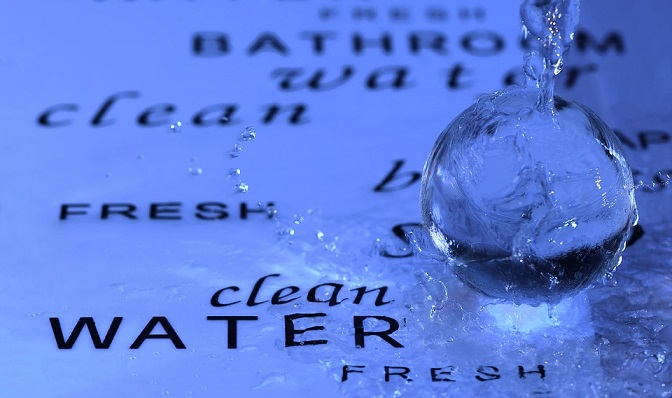Are Home Water Filters Effective?
If you’ve ever visited a friend’s house and noticed they have a water filter, or they have been extolling its virtues; then you’re probably wondering if it’s time to get one yourself. Of course, the real question is whether a home water filter is effective or not.

How The Home Filter Works
There are several different types of water filter that can be fitted in your home. The cheapest is simply using a filter jug, but this only gives you a little filtered water for drinking and is usually a cumbersome process.
The most common approach to clean and pure water filtration is to fit an under sink water filter. This slots into your cold water pipes, adding a filter and a dedicated faucet. You can then use this from your kitchen faucet to get drinking water or wash your vegetables.
If you want to go a step further then you can invest in a whole house system. As the name suggests this is a larger system that is laced where the water enters your home, filtering all the water. This is a great choice if you are concerned about the effects of chemicals in the water on your skin, such as when you’re showering.
When you have a filter it will need replacing periodically, in many cases this is something you can do yourself, or you can call your local plumber.

Is It Effective?
Before water gets to your home it will have gone through the water treatment works. These sites will use filters to remove debris and chemicals, such as chlorine to kill bacteria. They may also add fluoride as it is believed to help tooth health. However, there is some debate regarding this.
However, between the treatment plant and your home, the water must go through miles of pipes. In these pipes, it can pick up debris and even new bacteria. This means the water arriving at your home may not be as clean as it was when it left the plant.
Unless you are going to test the water every time you drink it, you’ll find that a water filter is a better option. The water filter is also designed to remove the chemicals that the treatment plant has put in. Chlorine may be great at killing bacteria but it has also been linked with a variety of human health issues.
The effectiveness of your water filter will depend on which type you purchase and what you are trying to achieve; this guide will help you to choose the right one for your home, confirming just how effective they are:
-
Activated Carbon
The carbon is aerated to increase its surface area without increasing its size; allowing it to fit into a small cylinder in your plumbing. Carbon is very good at removing debris from water; it also eliminates odor and improves the taste, because it absorbs the chlorine and other chemicals in the water.
It is the most common option because it is generally all you need at home.
-
Reverse Osmosis
This filter also removes chemicals, but it can also eliminate bacteria; providing you with clean, safe water.
-
Water Ionizers
By passing water over an electrically charged plate you can reduce the acidity and get softer water, which is better for your skin. That’s what this type of filter does.
-
UV Filter
These use the power of ultraviolet rays to ensure that all bacteria in the water are killed. This is a relatively new technique but one that is gaining popularity.
-
Infrared
This works in the same way as the UV filter but it softens the water, instead of killing bacteria.
You may find that you’re happiest with two different filters fitted into your system, but there is no disputing they are effective.
Water is an essential part of our lives and it is important that we have healthy, clean and pure water to drink and use in our daily lives. Understanding that clean water and healthy water is important for good health and well-being.
Do you have clean water for your family that you know is safe and free of harmful chemicals?
Please share this article to help spread the word of health and wellness.
